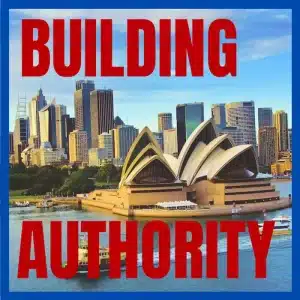Here’s the fourth in a nine part series looking at the Manifesto Manifesto principles with a view to creating your own manifesto.
Manifestos die in the dark. They’re public documents intended to rally people to your cause. This unites like-minded souls to birth new communities.
Four questions to ask yourself when you sit down to start writing your manifesto relative to creating the future…
1 Who do you want to attract?
Manifestos aren’t for personal use. They’re public property designed to attract and build a community. So, who you do want to attract? Men, women, bikers, gay whales or Gen Y?
2 What’s the motivation that will attract people to your cause?
Your answer to the previous question will shape your answer to this one. Who you want to attract will influence how you motivate them. Are you motivating your audience toward a goal (principle 3) or away from (principle 2)?
3 How will your audience interact with you?
Communities are not one-way streets. They’re freeways filled with buzzing traffic, on-ramps, off-ramps, those that drive fast, those that drive slow, a few cops, maybe a convoy of truckers and hopefully not to much rage or collisions. How are you going to manage all this?
4 How will your audience interact with each other?
What tools will you provide to let your audience interact with each other? Twitter? Facebook? Blog comments?
Work through these questions to start writing your manifesto. Share your results and/or ask questions in the comments below.




